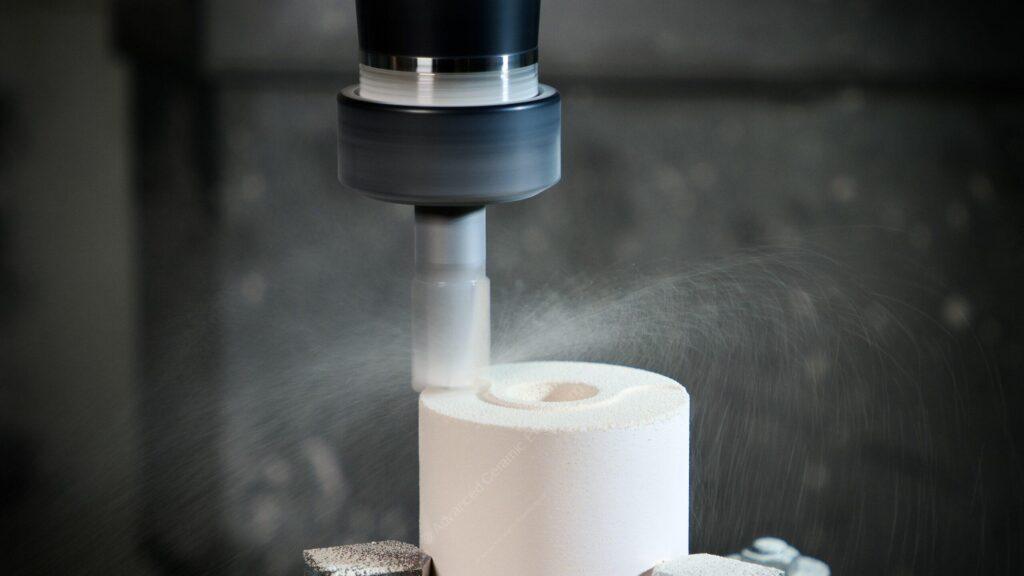In today’s society, sustainability has become a key concern for businesses and consumers alike. From reducing carbon emissions to using eco-friendly materials, companies are constantly searching for ways to make their operations more sustainable. This holds true for even the most specialized industries, such as advanced ceramic engineering.
At Advanced Ceramic Engineering Ltd, we have over 40 years of experience in the production and design of precision and technical ceramics. What sets us apart from other companies is our focus on sustainability in every step of our manufacturing process, particularly in our use of alumina ceramics.
Alumina is a versatile and durable material that is widely used in high-tech industries such as electronics, aerospace, and chemical processing. It is often referred to as ‘precision ceramics,’ ‘technical ceramics,’ or ‘engineered ceramics’ due to its high-grade and purity. But many people are unaware of the significant role alumina ceramics play in achieving sustainability in manufacturing.
First and foremost, alumina ceramics are highly durable and long-lasting. This means that they can withstand harsh conditions and have an extended lifespan compared to other materials. As a result, products made from alumina can have a longer service life, reducing the need for frequent replacements and minimizing waste.
Additionally, alumina ceramics are chemically inert, meaning they are resistant to corrosion and do not react with other materials. This property is crucial in industries that deal with harsh chemicals, as it reduces the need for frequent maintenance and replacements, thus decreasing waste generation.
Apart from durability and chemical inertness, alumina ceramics also possess excellent insulation properties. This makes them a popular choice for electrical components, reducing the risk of energy loss and improving overall energy efficiency. In turn, this contributes to a more sustainable production process and reduces carbon emissions.
Another way in which alumina ceramics contribute to sustainable manufacturing is through their lightweight nature. This makes them ideal for use in aerospace and automotive industries, where reducing weight can result in increased fuel efficiency and reduced carbon footprint.
Moreover, the production of alumina ceramics itself is a relatively sustainable process. At Advanced Ceramic Engineering Ltd, we use raw milled alumina as our starting material, which is then isostatically pressed, green machined, sintered, and diamond ground. This process is energy-efficient and minimizes waste generation, making it a sustainable choice for manufacturing.
At ACE, we are also proud to have a skilled and experienced workforce. Most of our employees are ex-Seagoe Ceramics, with over 40 years of experience in

